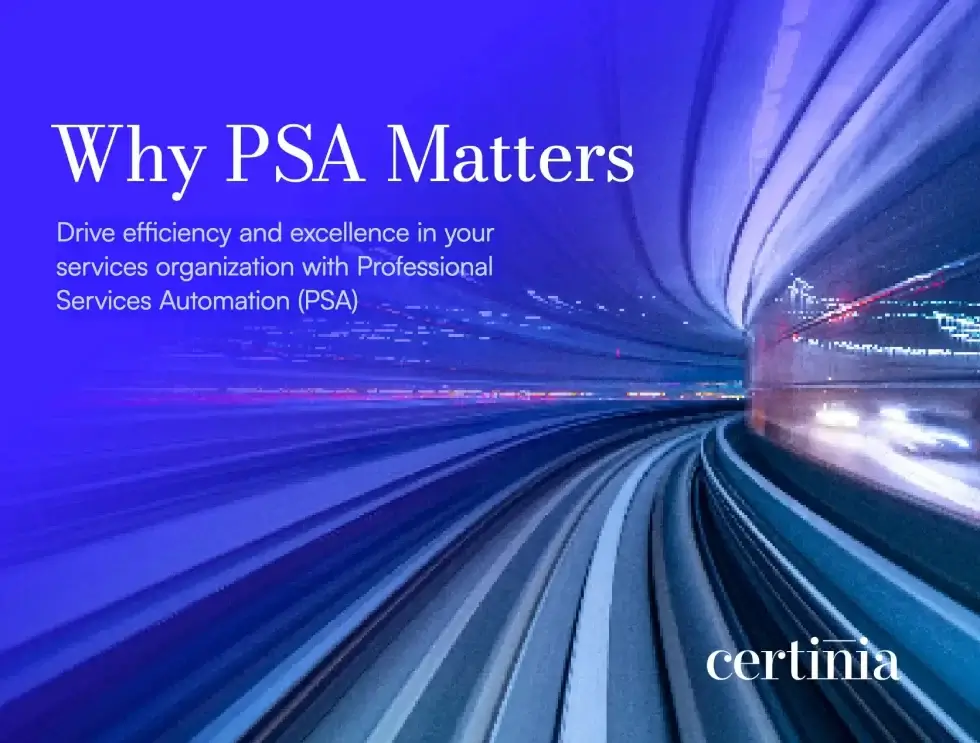Customer relationship management (CRM) and enterprise resource planning (ERP) platforms are integral to your organization’s success. These solutions include many actionable data points to help you achieve your growth goals. When integrated, they provide a unified view of business operations and inform key decision-making processes.
This post will explore the benefits of CRM and ERP integration and provide a few best practices for successful integration.
The Benefits of CRM and ERP Integration
Integrating your CRM and ERP systems remedies the disconnect between workflows and data sources. Here are some of the notable benefits of integration:
Unified Data
Integrating CRM and ERP software eliminates data silos while creating a single source of truth. Data becomes more accurate as the records in each platform can be cross-referenced and corrected. You can use your single source of truth to:
- Access real-time customer and financial data
- Analyze sales trends and operational costs
- Make data-driven strategic decisions that enhance profitability
Your organization has poured countless hours and resources into building its databases. Integrating your CRM and ERP platforms will maximize the value of this data.
Better Collaboration
Employees from various departments must be able to pool their collective talents to achieve strategic business goals. However, collaboration is difficult when each department can access limited data insights.
ERP and CRM integration bridges the gap between sales, service, and other key teams. Employees gain access to the tools and resources they need to be more productive and add value to strategic projects.
Improved Customer Experience
A seamless connection between your CRM and ERP platforms also ensures that customer-facing teams have access to data they can use to serve clients better. This results in:
- Faster response times
- More personalized service
- Improved sales forecasting
- Enhanced customer satisfaction and loyalty
Delivering high-quality customer journeys is more critical than ever in today’s ultra-competitive environment. Integrations empower your customer-facing employees to meet the expectations of your customer base.
Streamlined Business Operations
Transferring information from a CRM to an ERP (or vice versa) is tedious and time-consuming. It also increases the risk of errors. Moreover, a lack of integration requires employees to switch back and forth between the two systems, which can be frustrating.
CRM-ERP integration alleviates both challenges, thereby offering the following advantages:
- Automated order processing
- Efficient inventory management
- Improved efficiency
- Enhanced financial oversight
- Fewer errors
Integrating your CRM and ERP platforms also offers secondary efficiency benefits. For example, you can reduce your employees’ workload and improve their morale. Over time, this can help promote a better company culture and reduce costly turnover.
Best Practices for Successful CRM and ERP Integration
When preparing for a CRM-ERP integration, it’s important to take the following steps:
Set Clear Objectives
Integrating your CRM and ERP platforms has undeniable benefits. However, you need to link those benefits with clear, measurable goals to gauge your efforts’ impacts. Some common goals include increasing operational efficiency and reducing costs.
Clean Up Your Data
Integrating your CRM and ERP should provide a fresh start, which calls for clean data. Review your records to eliminate outdated or duplicate files. Standardize data formats to make sure your information is usable and trustworthy.
Choose the Right Approach
There are multiple ways to integrate your CRM and ERP solutions. The most efficient and practical approach involves application programming interface (API) connections. Solutions providers often offer pre-built APIs for popular ERP and CRM platforms, which can reduce the cost of integration.
Train Your Team Members
Your team needs to know how to use the new systems effectively. You can address change resistance and maximize your ROI by training your staff well.
Unify Your Data with Singularity Consulting
Certinia is a scalable, user-friendly solution that can unify your CRM and ERP data. Bringing your information together and removing silos can provide actionable insights to help grow your business. However, performing a large-scale integration can be a daunting task.
Singularity Consulting and our Certinia experts are here to provide a frictionless integration experience. We can assist with everything from planning and goal setting to post-implementation support. Contact us today to start planning your CRM and ERP integration.


